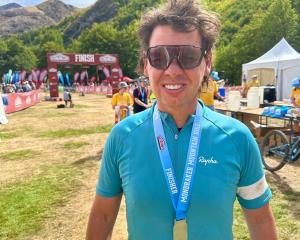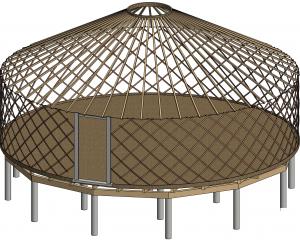Rob Hewitt, of Palmerston North, will address hundreds of delegates as a guest speaker at the inaugural International Water Safety and Aquatic Education Conference at Rydges Lakeland Resort on October 3-5.
''I'm going to touch on what allowed me to be [a] seaman, a little bit of my time in the navy and to know how I survived is to know a little bit about myself,'' Mr Hewitt said yesterday from his home.
''What it was like to grow up the brother of an All Black [Norm Hewitt] and the work I'm doing now, how after my survival moved me into the realm of working with Water Safety New Zealand.
''What skills I've learned from that lesson and how I can pass it on to boaties and New Zealanders on life itself.''
Asked why he thought New Zealand, as an island nation, had a high drowning death toll, Mr Hewitt said there was a cultural aspect when considering Maori or Pacific Islanders - a loss in tikanga and cultural identity with Tangaroa, god of the sea.
''My role as lead tutor of the Kia Maanu, Kia Ora programme, in partnership with Water Safety New Zealand and ActivePost, is I go around to marae to target Maori and Pacific Islanders and utilise the Day Skipper, which is from Coastguard New Zealand boating education.
''Students get a good understanding of safe boating practices and then from there we integrate tikanga. As a Maori person, what should we be doing under this umbrella of safe boating [such as] making sure our whanau are safe and wearing life jackets.''
Mr Hewitt said today's Maori teenagers would be out in the water in their lifetimes to gather kai moana, as their ancestors did, to feed their families and demonstrate they have the same connection to the sea.
More than 400 young pupils have been tutored. Late teenaged men, especially, responded to the programme, with an extra incentive of pursuing a water-based career, such as in the navy or as deep sea fishers, Mr Hewitt said.
''Around 19% of drownings are Maori and Pacific Island men aged between 35 and 65. What are they doing? They're going out there trying to get a feed.
''They think, if I take more people on the boat, then I'm allowed more fish.''
The family man and 20-year navy veteran was swept away while on a routine crayfish dive off Mana Island, on the west coast of Wellington, in February, 2006.
''Out of the four days I was lost out at sea, it took me two days to reconnect with Tangaroa because I'd been institutionalised in the Defence Force, I'd come straight from boarding school, and I'd lost contact with those cultural elements of who I was,'' he said.
''The waves were slapping me on the back of the head, it was raining and I'm thinking 'What the heck's going on here? Why is this happening to me and why haven't I died yet?' because I know no-one that survived submerged in the water at night-time.
''But after I connected with Tangaroa then everything just calmed down. I had focus, I wasn't worried about people judging me for who I was or what I was doing and the only thing that mattered was that I breathed, minute after minute, to try to stay alive.''











